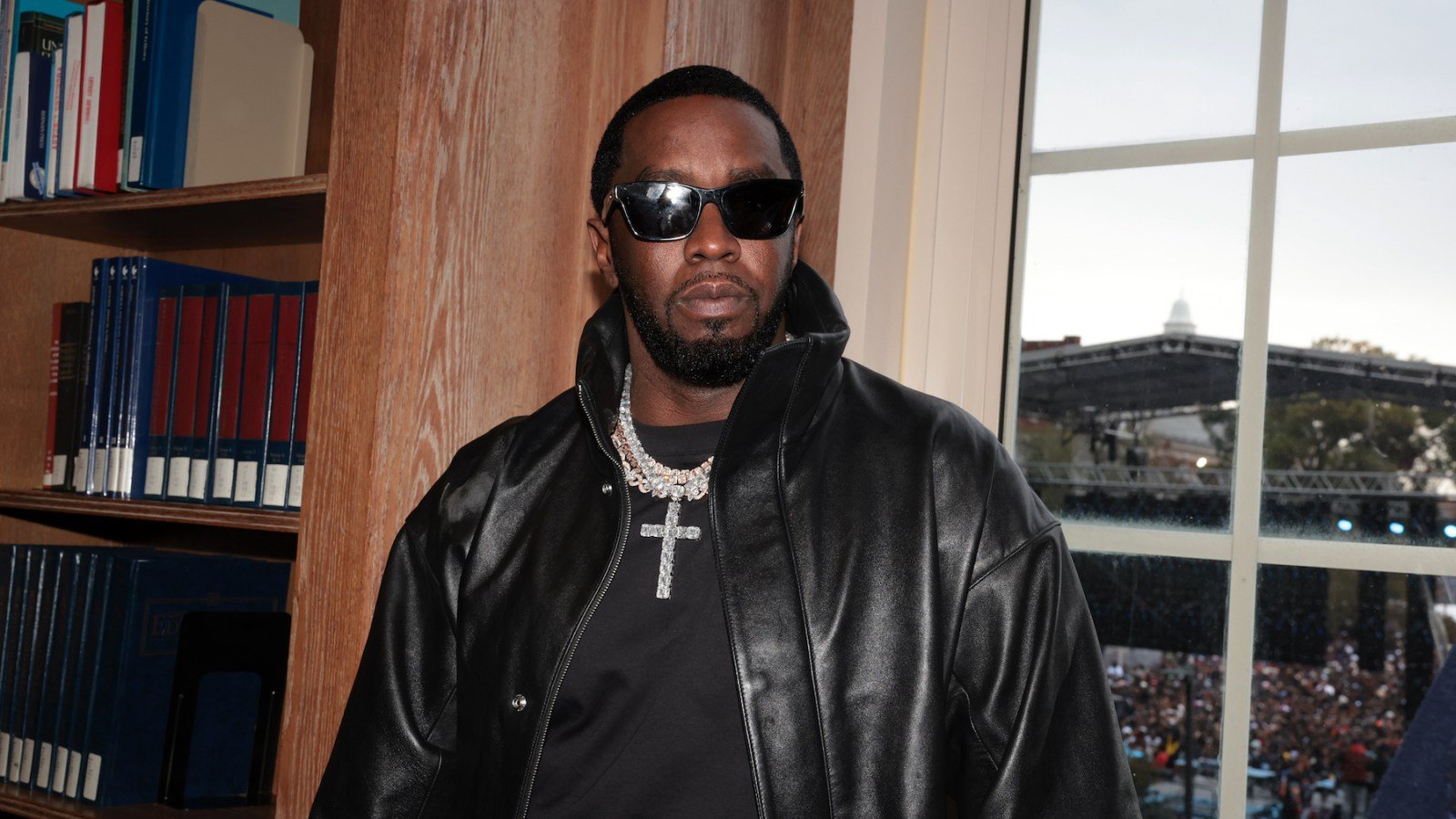Sean “Diddy” Combs is paying other inmates to access their phone accounts and instructing his family members to post “carefully curated” messages on social media in an effort to influence public opinion and obstruct justice ahead of his upcoming trial on racketeering and sex trafficking charges, federal prosecutors claim.
In a new court filing obtained by Rolling Stone, prosecutors in the Southern District of New York allege the music mogul, who’s now being housed in a federal detention center in Brooklyn, knowingly violated jail regulations when he used the telephone accounts of at least eight other inmates to make calls since his Sept. 16 arrest in Manhattan. Prosecutors say they have the recordings.
“Seemingly to avoid law enforcement monitoring, the defendant uses other inmates’ PAC numbers to make phone calls to both individuals on the defendant’s approved contact list as well as other individuals who are not on the approved contact list. To obtain or maintain access to other inmates’ PAC numbers, the defendant directs others to pay the inmates, including through payment processing apps and BOP commissary account deposits,” the new filing states.
The new 30-page filing from prosecutors urges the judge overseeing the case to reject Combs’ latest bid to be released on bond pending his May 5 trial. Combs, 55, already has been denied bond twice, but he’s headed to a third hearing on the matter this coming Friday, offering a new $50 million bail proposal.
“The defendant offers nothing new and material justifying a third bail hearing. In fact, the only truly ‘new’ relevant evidence shows that the defendant has continued to engage in a relentless course of obstructive conduct designed to subvert the integrity of these proceedings,” prosecutors wrote in their opposition filed late Friday night.
“While attempting to evade law enforcement monitoring, the defendant has, among other things, orchestrated social media campaigns that are, in his own words, aimed at tainting the jury pool; made efforts to publicly leak materials he views as helpful to his case; and contacted witnesses through third parties.”
Prosecutors allege that a recent video posted on Combs’ Instagram account where his children gathered and wished him a happy birthday while he was on a phone call from jail was far from spontaneous.
“The defendant enlisted family members to plan and execute a social media campaign around the defendant’s birthday, with the intention of influencing the potential jury in this criminal proceeding,” prosecutors claim in the new filing. They said the video was “carefully curated” by Combs before it was posted to his account with nearly 20 million followers and the accounts of his children. “The defendant, from within the [Metropolitan Detention Center], then monitored the analytics—i.e., audience engagement—and explicitly discussed with his family how to ensure that the video had his desired effect on potential jury members in this case,” prosecutors allege.
Combs has pleaded not guilty. His representatives did not immediately respond to a request for comment on the latest filing from prosecutors, but they previously said they’re confident he will prevail at trial. “Mr. Combs and his legal team have full confidence in the facts and the integrity of the judicial process. In court, the truth will prevail: that Mr. Combs never sexually assaulted or trafficked anyone — man or woman, adult or minor,” his media team said in a prior statement.
Combs and his team argue he should be released so he can better prepare for trial. Prosecutors claim in their filing punctuated with redactions that Combs’ behavior behind bars makes clear he can’t be trusted. They allege that notes collected from Combs jail cell during a sweep of his cell suggested he paid a witness in his case to make a public statement. They also allege recorded calls reveal Combs instructed others “to dial in third parties,” including people not on his approved contact list.
“The defendant has shown repeatedly—even while in custody—that he will flagrantly and repeatedly flout rules in order to improperly impact the outcome of his case,” the new filing states. “The defendant has shown, in other words, that he cannot be trusted to abide by rules or conditions.”
If convicted as charged in his criminal case, Combs faces a minimum of 15 years in prison and a maximum of life behind bars.


Recent Comments